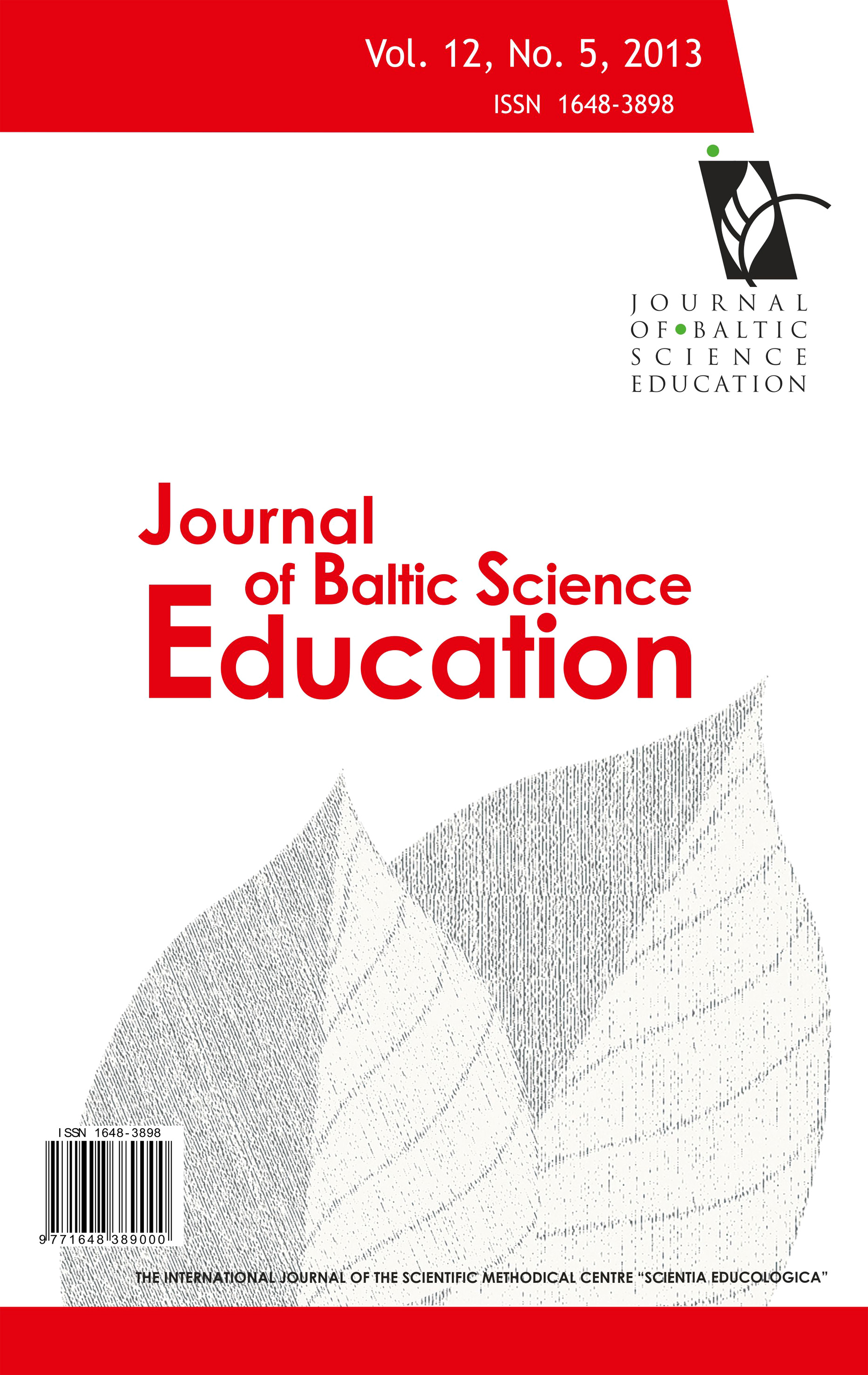THE EFFECTS OF PROCESS-BASED TEACHING MODEL ON STUDENT TEACHERS’ LOGICAL/INTUITIVE THINKING SKILLS AND ACADEMIC PERFORMANCES
THE EFFECTS OF PROCESS-BASED TEACHING MODEL ON STUDENT TEACHERS’ LOGICAL/INTUITIVE THINKING SKILLS AND ACADEMIC PERFORMANCES
Author(s): Canan KoçakSubject(s): Social Sciences, Education, School education
Published by: Scientia Socialis, UAB
Keywords: logical and intuitive thinking; process-based teaching model; teacher education;
Summary/Abstract: The aim of this study is to analyze the effects of Process-based Teaching Model on student teachers’ logical and intuitive thinking skills as well as their academic performances at chemistry laboratory applications. The sample of this research consisted of 60 preservice teachers studying of Faculty of Education in Hacettepe University. Data were obtained via the “experimental desing with pre/posttest control group” evaluated both qualitatively and quantitatively. The experimental group was taught within the process-based teaching model while the control group received training in traditional teacher centered education. The scores obtained by participating experimental and control groups from Logical/Intuitive Thinking Scale, Performance Test and Structured Grids as one of the alternative measurement and evaluation techniques were compared and contrasted. To determine the student teachers’ logical and intuitive thinking styles, the “Logical/Intuitive Thinking Scale” developed by Pacini and Epstein (1999) and adapted by Turk (2011). The study concluded that teaching chemistry using process-based teaching model improved students’ academic performance as well as their logical and intuitive thinking skills.
Journal: Journal of Baltic Science Education
- Issue Year: 12/2013
- Issue No: 5
- Page Range: 640-651
- Page Count: 12
- Language: English

